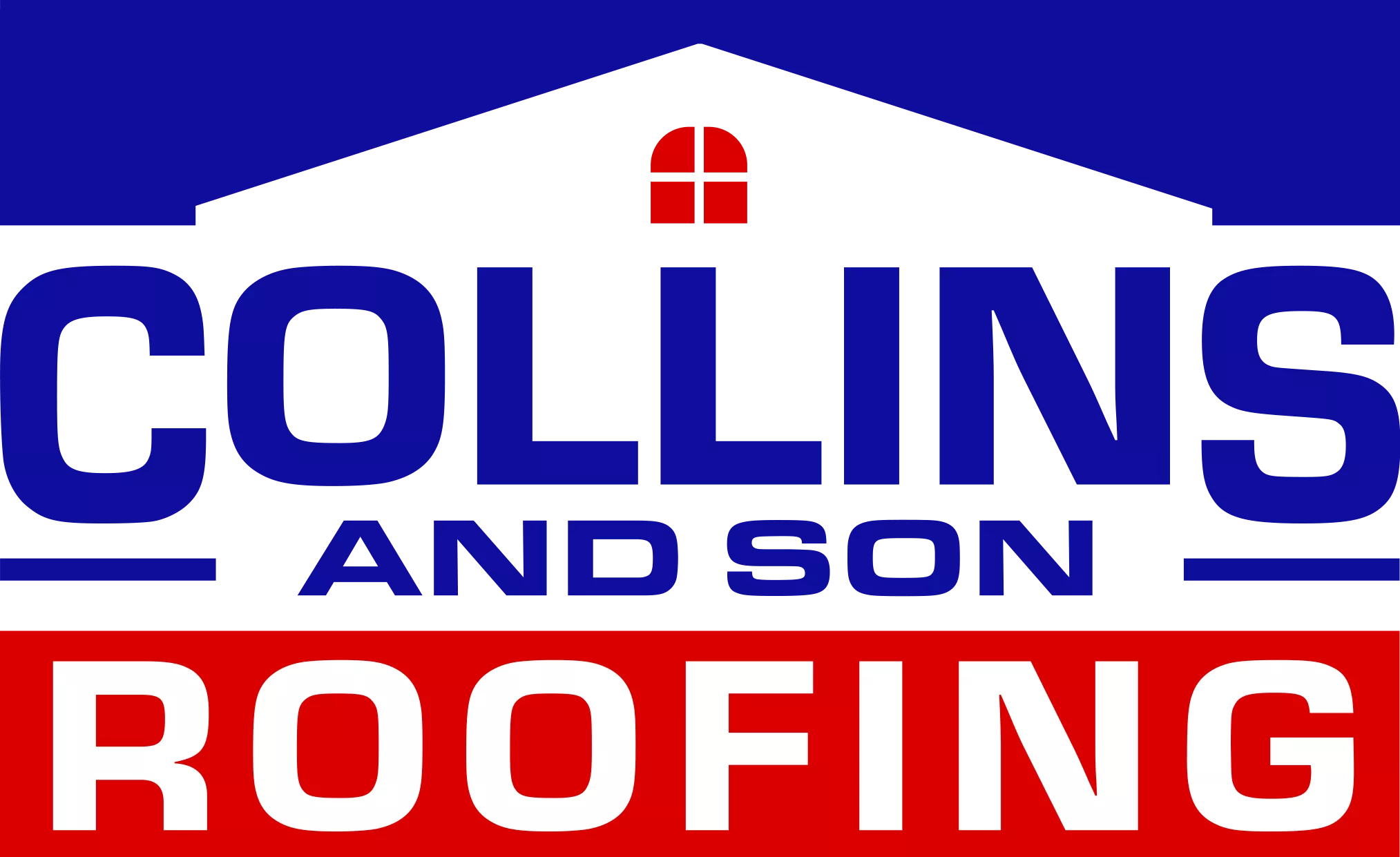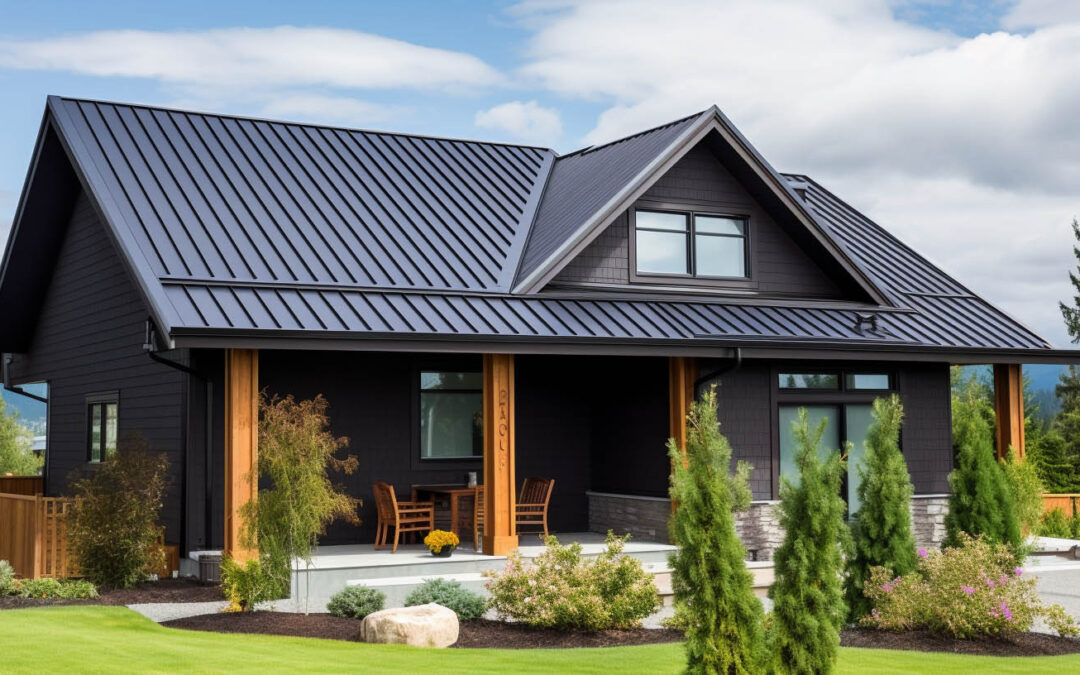Roofing is a critical component of any structure, ensuring protection from the elements and enhancing the overall aesthetic appeal. Among the myriad of roofing options, sheet roofing stands out for its durability, cost-effectiveness, and versatility. Here, we delve deep into the world of sheet roofing materials, exploring their types, advantages, and disadvantages.
Asphalt Shingles
Asphalt shingles, made of either a fiberglass or organic base saturated with asphalt and coated with mineral granules, are renowned for their affordability and variety.
Pros:
- Cost-Effective: One of the most budget-friendly options available.
- Variety: Available in numerous styles, textures, and colors.
- Ease of Installation: Simplifies the roofing process.
- Fire Resistance: Typically comes with a Class A fire rating.
Cons:
- Lifespan: Tends to have a shorter lifespan compared to materials like metal.
- Weather Vulnerability: Susceptible to damage from strong winds and hail.
- Heat Absorption: Can lead to increased cooling costs in hotter climates.
Metal Roofing
Constructed from metals like steel, aluminum, or copper, metal roofing is celebrated for its longevity and resistance to extreme conditions.
Pros:
- Durability: Resists cracking, warping, and shrinking.
- Weather Resistance: Stands strong against high winds, rain, snow, and hail.
- Energy Efficiency: Reflects solar heat, potentially reducing cooling costs.
- Aesthetic Appeal: Offers a range of styles, finishes, and colors.
Cons:
- Initial Cost: More expensive upfront but can be offset by its long lifespan.
- Noise: Can be loud during rain or hail if not properly insulated.
- Installation: Requires specialized skills and equipment.
Fiberglass Corrugated Panels
These lightweight panels, made of fiberglass reinforced with resin, are often chosen for their affordability and corrosion resistance.
Pros:
- Lightweight: Easy to handle and install.
- Cost-Effective: A more affordable sheet roofing option.
- Corrosion Resistance: Ideal for humid areas or places with chemical exposure.
- Natural Light: Allows for daylighting, reducing the need for artificial lights.
Cons:
- Durability: Can become brittle over time.
- Impact Resistance: More prone to hail or debris damage.
- UV Degradation: Can discolor with prolonged UV exposure.
Polycarbonate Sheets
Made from a robust thermoplastic, polycarbonate sheets are transparent or translucent, offering strength and light transmission.
Pros:
- Impact Resistance: Almost unbreakable, even in hail-prone areas.
- Light Transmission: Reduces the need for artificial lighting.
- Weather Resistance: Stands up to UV radiation and extreme temperatures.
- Design Flexibility: Comes in various colors, thicknesses, and finishes.
Cons:
- Yellowing: Can occur over time due to UV exposure.
- Thermal Expansion: Needs to be considered during installation.
- Cost: More expensive upfront but offers long-term value.
PVC Roofing
PVC, or polyvinyl chloride, is a synthetic plastic polymer known for its resistance to chemicals, fire, and UV radiation.
Pros:
- Chemical Resistance: Ideal for industrial settings.
- Fire Resistance: Inherently flame-retardant.
- UV Resistance: Minimizes degradation risks.
- Waterproofing: Offers excellent protection against water infiltration.
Cons:
- Cost: Higher initial investment.
- Installation: Requires specialized techniques.
- Color Limitations: Fewer design choices available.
Making the Right Choice with Collins & Son Roofing
Selecting the right roofing material is paramount for the longevity and efficiency of your roof. Whether you’re considering metal roofing in Conway AR or seeking a reliable roofing service in Conway AR, it’s essential to consult with experts. At Collins & Son Roofing, we pride ourselves on offering top-notch roofing solutions tailored to your needs. As one of the leading roofing companies in Conway AR, we ensure that our clients make informed decisions, guaranteeing a durable and aesthetically pleasing roofing solution.

